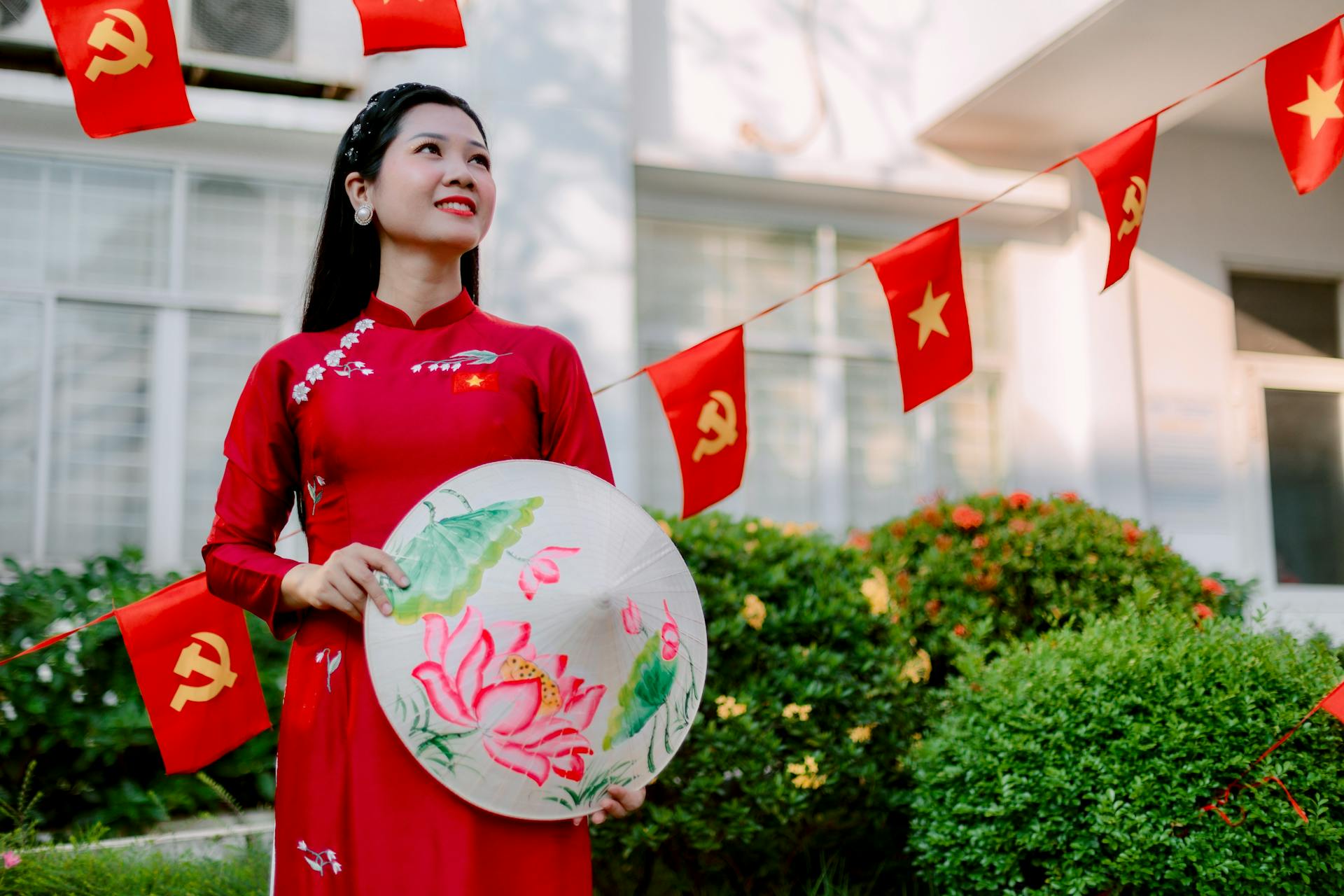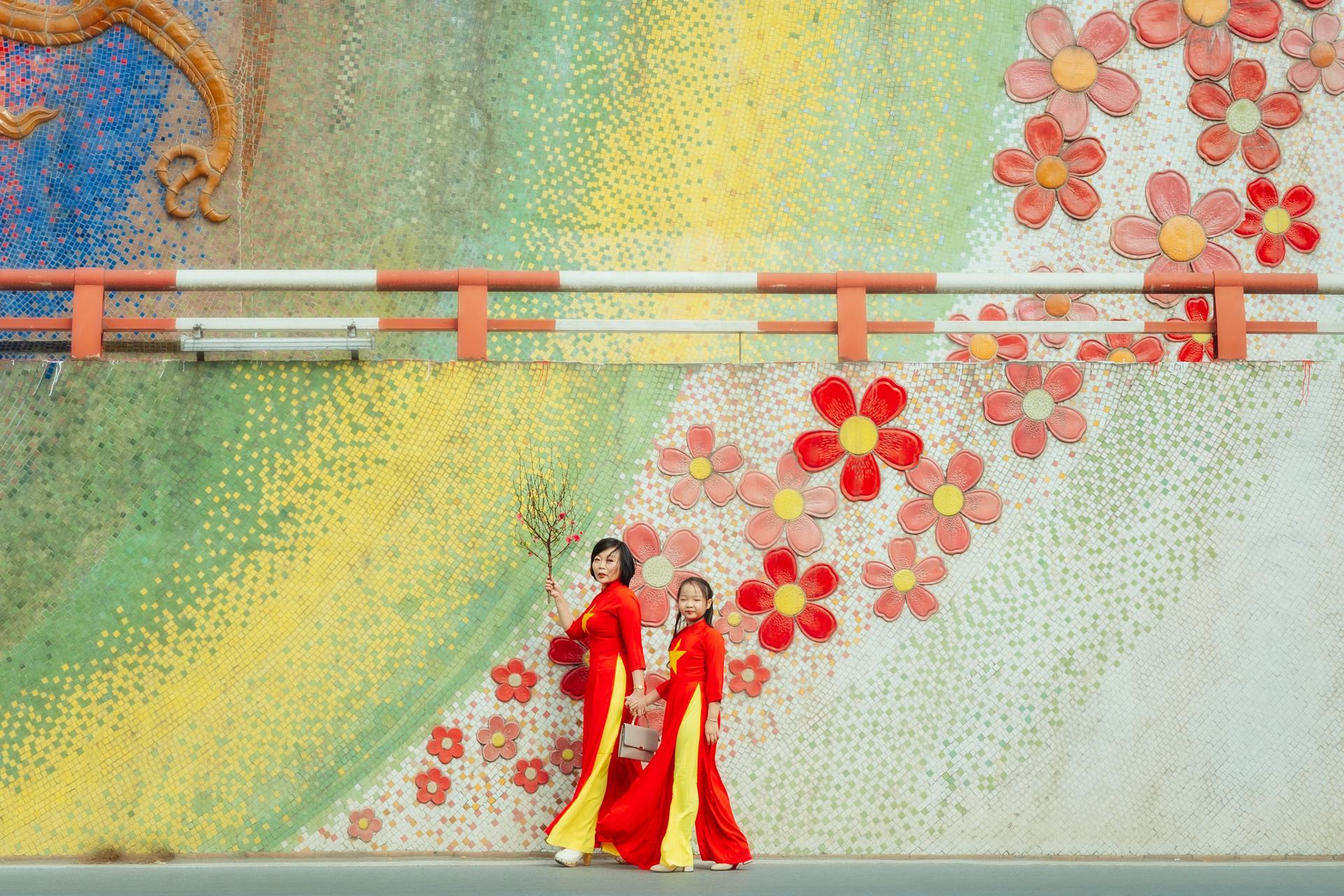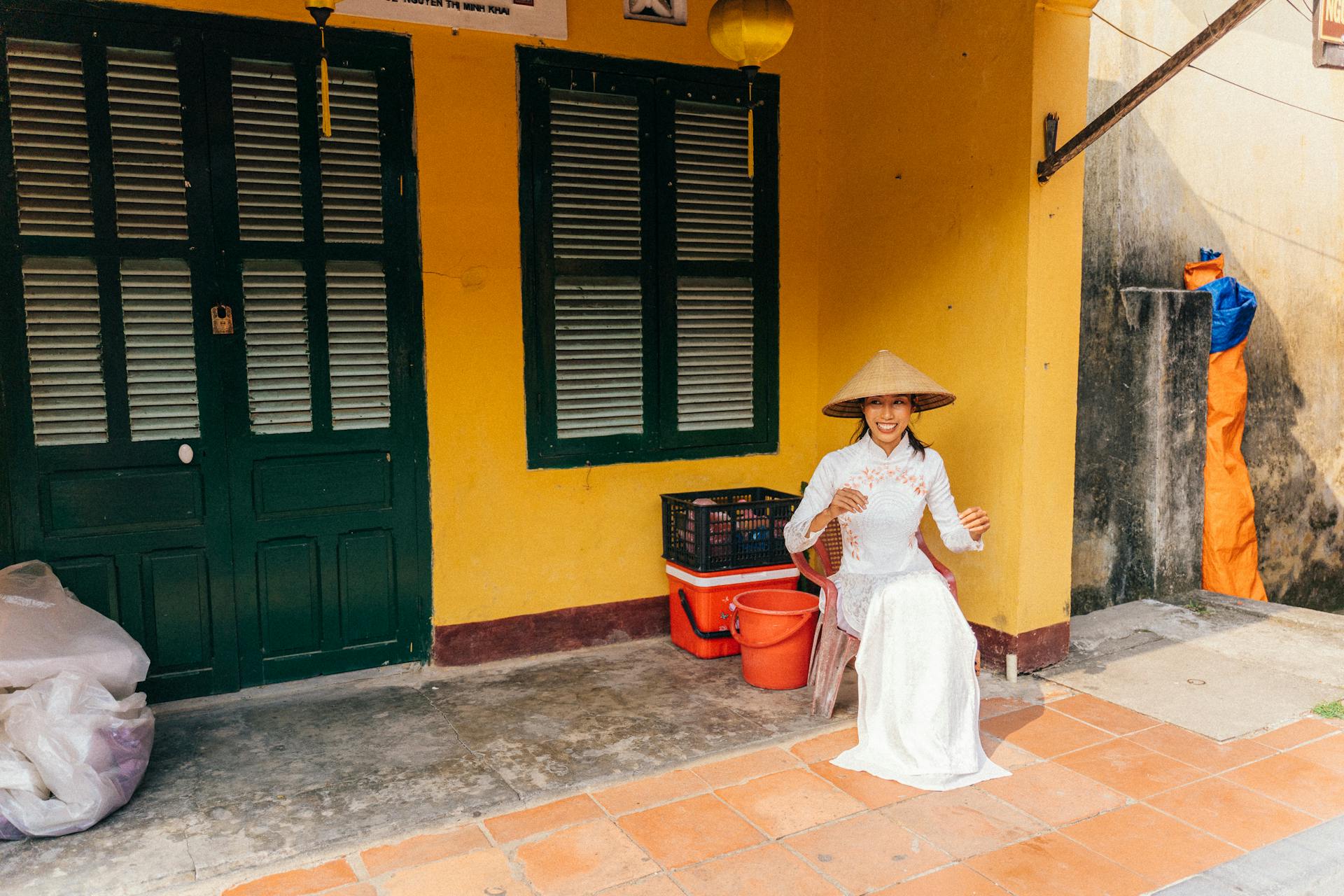In a rapidly modernizing world where cultural expressions often give way to digital efficiency and transactional interactions, the enduring warmth and hospitality of the Vietnamese people remains a beacon of human connection. It is not just about welcoming guests or offering a warm meal—it is a quiet, enduring philosophy that shapes social behaviors, defines interpersonal relationships, and, perhaps most importantly, reflects the spiritual essence of Vietnam itself.
To understand Vietnamese hospitality is not to merely observe it in passing. It must be felt, breathed, and respected. It must be understood through the subtleties of silence, the unspoken rules of politeness, and the overwhelming kindness that often catches strangers off guard. Hospitality in Vietnam is not an act. It is a way of being.
1. More Than Manners: The Root of Vietnamese Hospitality
Vietnamese hospitality, known locally as lòng hiếu khách, is rooted deeply in the country’s philosophical, spiritual, and historical foundations. It stems from three main cultural pillars: Confucianism, Buddhism, and ancestor worship.
- Confucianism, imported from China, emphasizes harmony in human relationships, respect for elders, and a structured social order. Within this framework, treating guests well is a reflection of one’s moral virtue.
- Buddhism teaches compassion and detachment from material things. Sharing food, giving up personal space, or offering support to others—even strangers—are acts of spiritual merit.
- Ancestor worship reinforces the belief that one’s actions reflect not only on oneself but on the honor of one’s family line. Therefore, being kind and generous to guests is a way to uphold the dignity of one’s ancestors.
What emerges from these influences is a code of conduct that transcends politeness. It becomes a moral obligation, a form of spiritual cultivation, and an unspoken national identity.
2. The Language of Hospitality: Subtle, Nuanced, and Sincere
Hospitality in Vietnam is not always loud or exuberant. It is not necessarily about giving you everything; it is about making you feel like you belong without having to ask.
It starts with words. The Vietnamese language is rich with terms that elevate the guest and humble the host. Phrases like:
- “Có gì dùng nấy” (Please accept what we have, however humble it may be.)
- “Đói no có nhau” (We share hunger and fullness alike.)
- “Khách đến nhà không trà thì nước” (If a guest comes, offer at least water if not tea.)
These are not platitudes. They are cultural blueprints, passed down through generations, embedded in daily speech. They remind every Vietnamese person that hospitality is not measured by what you give, but by how you give it—with heart, with sincerity, and with humility.

3. The Power of Sharing a Meal
Nowhere is Vietnamese hospitality more alive than at the dining table. In Vietnam, food is not just nourishment—it is the medium of affection, community, and respect.
When a guest visits, it is common for the host to immediately offer tea, followed by snacks or even a full meal, regardless of how unexpected the visit may be. The host may apologize for the simplicity of the food, even if the table overflows with dishes. This is not false modesty—it is a gesture of respect, a way of showing that the guest deserves even more than the host can offer.
In rural Vietnam, even in homes with limited means, the arrival of a visitor often prompts someone to go out and buy extra ingredients, or cook a special dish. It’s not about wealth. It’s about honor.
Food is shared from common dishes. There are no personal servings, and that is intentional. It’s a statement: we are not just eating together—we are sharing the same experience, the same joy, the same life.
4. “Khách Quý Như Thần”: The Guest as God
There is a Vietnamese proverb: “Khách quý như thần”, which means “The guest is as precious as a god.” This is not a metaphor. It is a mindset.
Hospitality in Vietnam often reaches the level of self-sacrifice. If a family has only one good mattress, they may offer it to the guest while sleeping on the floor. If a meal has only one serving of meat, it will go to the visitor. These are not exceptions. These are norms.
It is also common for the host to refuse money or offers of help from guests, especially in rural settings. Accepting repayment can sometimes be seen as diminishing the sincerity of the gesture. In the Vietnamese worldview, hospitality must be unconditional to be pure.
This mindset can feel overwhelming to foreigners, especially those from more individualistic cultures. But in Vietnam, this level of hospitality is not seen as excessive. It is expected. It is beautiful. It is right.
5. Hospitality Across Social Classes and Regions
Vietnamese hospitality is democratic—it crosses social boundaries. Whether you visit a high-rise apartment in Saigon or a stilt house in the northern mountains, you will likely receive the same warmth.
In the urban south, you may be greeted with informal friendliness and easy-going generosity. In the traditional north, where customs are more formal, you will encounter a quieter but deeply respectful form of welcome. In the central regions, where life has been historically harsh due to war and weather, hospitality takes on a form of stoic generosity—less verbal, more practical, but no less heartfelt.
What is remarkable is that the consistency of spirit remains. Across Vietnam, there is a shared understanding that welcoming someone is not just an act of kindness—it is an act of national pride.
6. The Emotional Intelligence Behind Vietnamese Hospitality
One of the most profound elements of Vietnamese hospitality is the emotional intelligence behind it.
Vietnamese people often sense your needs before you express them. If you’re tired, they’ll offer you a pillow. If you seem lost in thought, they’ll let you be. If you appear overwhelmed, they’ll give you space.
This sensitivity arises from a culture where emotional attunement is prized, and where being considerate is a sign of emotional maturity. Children are taught from a young age to be aware of how others feel, and to adapt accordingly. As a result, Vietnamese hospitality is not only generous—it is deeply intuitive.
7. The Challenges of Modernization and Tourism
While hospitality is a deep-rooted cultural strength, modernization brings challenges. Mass tourism, urban sprawl, and economic inequality have created situations where hospitality can become commodified.
In major tourist destinations, hospitality is sometimes reduced to a transaction—another checkbox in the customer service handbook. While the smile remains, the sincerity behind it can sometimes erode under the pressures of business, competition, and survival.
However, this is not a loss of culture—it is a struggle within it. Many Vietnamese people recognize this and are working hard to preserve the soul of hospitality even as they adapt to modern realities.
Indeed, in remote areas and smaller cities, the traditional spirit remains strong. Even in big cities, once you move beyond commercial centers, the authentic warmth is still easily found.
8. Hospitality as Resistance and Resilience
It is important to recognize that Vietnamese hospitality has not flourished in a vacuum of peace and prosperity. Vietnam’s history is one of colonization, war, famine, and reconstruction. Yet, through all of this, the culture of kindness has survived. Why?
Because hospitality, for the Vietnamese, is not just cultural—it is resistance.
It is a way of asserting dignity in the face of loss, of holding on to humanity when everything else is taken. In a country that has had to rebuild itself multiple times, treating others well becomes a form of survival—not only physically, but spiritually.
To offer tea to a stranger in wartime, to share rice with neighbors during famine, to welcome outsiders in times of turmoil—these are not small acts. They are deeply political, deeply human acts. They say: We will not let suffering take our soul.

9. What the World Can Learn
The hospitality of the Vietnamese people is not just something to admire—it is something the world can learn from.
In a time where digital walls replace human contact, where safety often means isolation, and where busyness becomes an excuse to avoid empathy, Vietnamese hospitality reminds us that true connection begins with the willingness to give without expecting return.
This is not a Vietnamese problem. It is a human calling. And Vietnam, in all its quiet dignity, is answering it.
10. Final Reflections: A Culture of Open Hearts
Vietnamese hospitality is not flashy. It does not demand attention. It does not make headlines. It does not need to.
It lives in small bowls of hot soup given to guests in the rain. It breathes in the humble mat offered in the middle of the night. It glows in the quiet words: “Stay for dinner.”
It is not something you can buy. It is not something you can fake. It is not something you can fully describe. But if you are lucky enough to experience it, you will carry it with you forever.
In the end, to be welcomed in Vietnam is not to be entertained. It is to be accepted.
And in that acceptance lies the deepest beauty of all.

